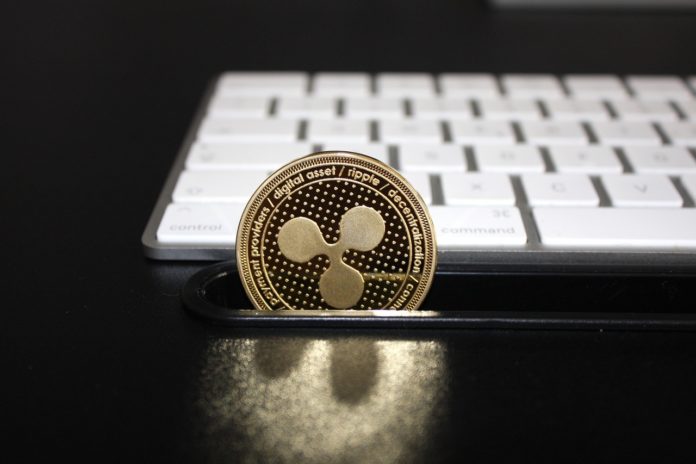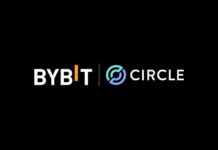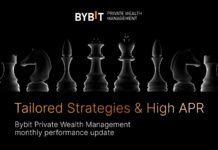
The SEC’s long-running case against Ripple Labs came to a conclusion. The verdict is mixed – but removes a burden from the crypto market.
The U.S. Securities and Exchange Commission (SEC) had accused Ripple Labs and its founders Bradley Garlingshouse and Christian Larsen of selling securities with the XRP tokens without permission.
After a three-year trial, the New York County court now made an interesting decision that partially vindicates the lawsuit, but is still being hailed as a victory by Ripple – and will be groundbreaking for the crypto markets. The court ruled that sales of XRP tokens constitute unauthorized trading in securities under certain circumstances. But just not across the board. This finally provides an answer to the question of under what circumstances trading in a cryptocurrency manifests a violation of securities law.
The court distinguishes between two types of sales of XRP tokens: first, direct from Ripple Labs to institutional investors; second, trading on exchanges. The first is a violation of securities law, the second is not.
When Ripple Labs sold XRP tokens to institutional investors, it was with the expectation that they would “make profits through Ripple’s efforts” – a classic definition of a security. Ripple Labs’ ongoing effort to improve the “XRP ledger” and attract partners clearly speaks to this.
The situation is different when it comes to trading the tokens on exchanges. True, Ripple Labs was well aware that buyers were using XRP as an investment; the company even made it a goal to increase speculative volume. However, buyers had no way of knowing if the money they paid for the tokens went to Ripple. In fact, since Ripple put less than one percent of its total volume on exchanges, the likelihood of that happening was very low. Therefore, a purchase of XRP tokens on exchanges is not an investment in Ripple Labs and thus does not constitute a violation of securities law.
With the ruling, the court provides a clear answer to the question of when a token constitutes a security or a security: When investors’ money flows directly into an organization.
If a token is merely traded on exchanges and the issuers do not assume the role of a dominant market maker in the process, it is not a security. This lets a large portion of cryptocurrencies that the SEC would like to regulate as securities off the hook. The vast majority can now hope not to be a security.
Accordingly, the markets immediately reacted to the news with strong price gains. XRP, of course, jumped the most and doubled in value within a day; Ethereum, BNB, Cardano, Solana, Polygon and other coins that had previously been under suspicion for security also saw price jumps of more than 30 percent in some cases.
However, one should not misunderstand the verdict. It does not mean that the ICO by the Ethereum Foundation does not constitute illegal trading in securities. On the contrary. In the case of Polygon, Cardano and many other coins, a significant portion of the tokens was also sold directly to investors by the issuers. In light of the ruling, this is likely to be illegal trading in securities. However, this only affects the issuers and not the tokens. They will continue to be traded on exchanges without these exchanges having to register them as securities. The clear-cutting on exchanges, which was feared if the SEC gets its way, is off the table for the time being.
The US exchange Coinbase reacted promptly to the ruling. It had suspended trading in XRP out of concern that it would enable illegal trading in securities. It resumed tokens just hours after the ruling. And Ripple, meanwhile, says it is confident that the ruling will once again encourage banks and other financial institutions in the U.S. to use XRP tokens for cross-border transactions. It said it expects to talk to several institutions about Ripple’s products soon.
Other players and companies are also cheering the ruling. For instance, Tyler Winklevoss of Gemini, which, like just about every crypto company of note, is also in court with the SEC. For him, it proves that the SEC is a “failed institution. They have completely failed Celsius and have taken a massive beating in the Ripple case.”
The ruling should indeed allow financial institutions to use XRP tokens. But why they should do so is as unclear as ever. XRP may not be a security – but the token still remains one of the most questionable coins on the market. Some would probably call Ripple the epitome of a shitcoin.
With the process, Ripple has at least played a constructive role for the crypto market. After all, if XRP is not a security, then hardly any coin is.
Image by salesblog.at from Pixabay
[newsletter_form lists="1"]










